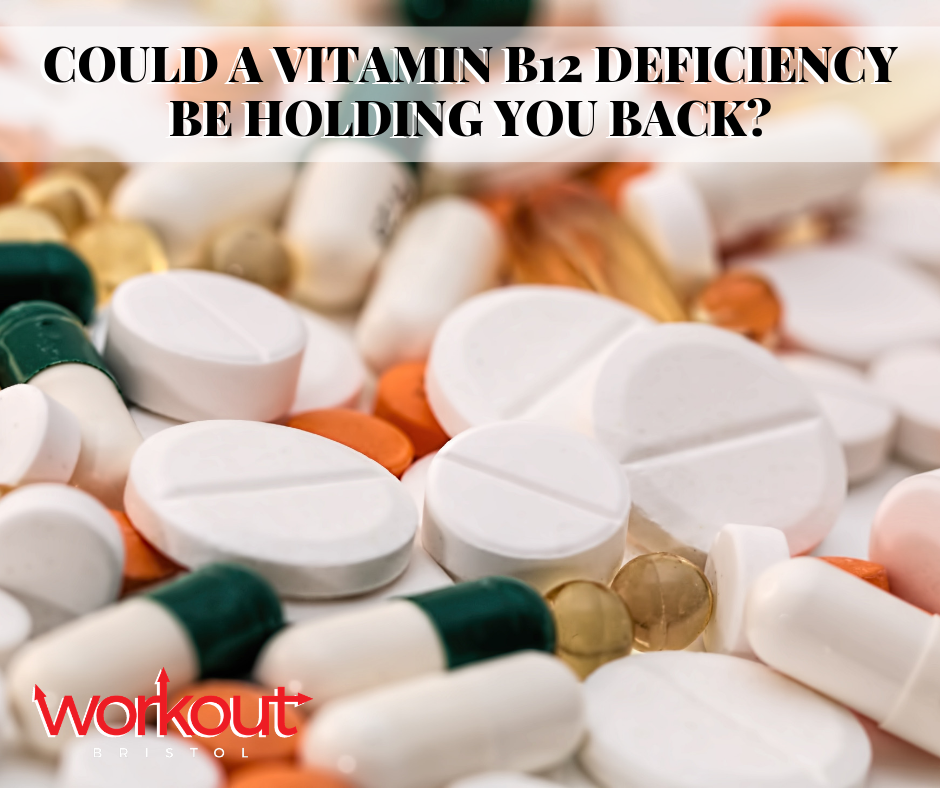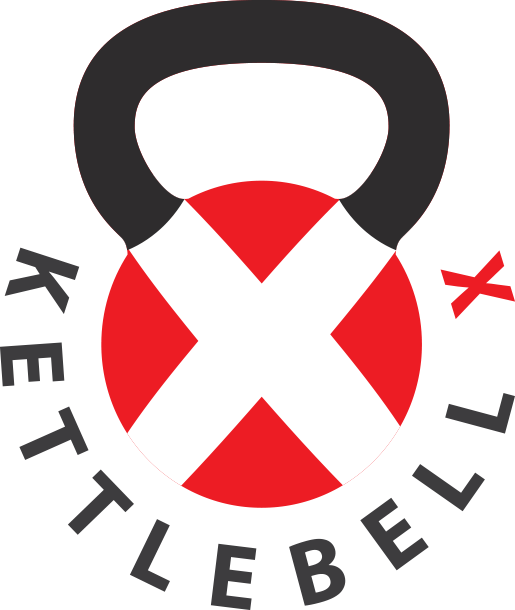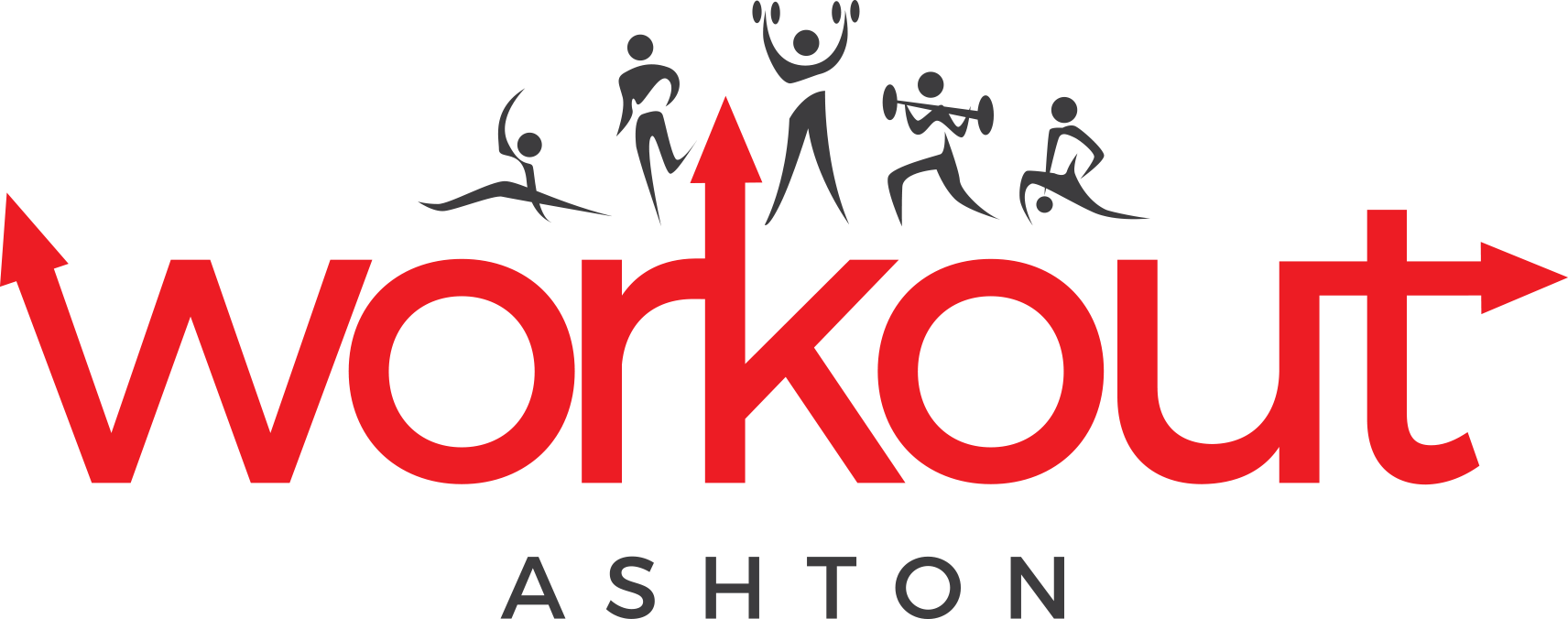
Everything you need to know about Vitamin B12...
According to Harvard Health Publishing, a severe vitamin B12 deficiency can lead to deep depression, paranoia and delusions, memory loss, incontinence, loss of taste and smell, and more!!
Why vitamin B12 is important The human body needs vitamin B12 to make red blood cells, nerves, DNA, and carry out other functions. The average adult should get 2.4 micrograms a day. Like most vitamins, B12 can’t be made by the body. Instead, it must be gotten from food or supplements.
And therein lies the problem: Some people don’t consume enough vitamin B12 to meet their needs, while others can’t absorb enough, no matter how much they take in. As a result, vitamin B12 deficiency is relatively common, especially among older people. The National Health and Nutrition Examination Survey estimated that 3.2% of adults over age 50 have a seriously low B12 level, and up to 20% may have a borderline deficiency.
Are you at risk of vitamin B12 deficiency? There are many causes for vitamin B12 deficiency. Surprisingly, two of them are practices often undertaken to improve health: a vegetarian diet and weight-loss surgery.
Plants don’t make vitamin B12. The only foods that deliver it are meat, eggs, poultry, dairy products, and other foods from animals. Strict vegetarians and vegans are at high risk for developing a B12 deficiency if they don’t eat grains that have been fortified with the vitamin or take a vitamin supplement. People who have stomach stapling or other form of weight-loss surgery are also more likely to be low in vitamin B12 because the operation interferes with the body’s ability to extract vitamin B12 from food.
Conditions that interfere with food absorption, such celiac or Crohn’s disease, can cause B12 trouble. So can the use of commonly prescribed heartburn drugs, which reduce acid production in the stomach (acid is needed to absorb vitamin B12). The condition is more likely to occur in older people due to the cutback in stomach acid production that often occurs with aging.
Vitamin B12 deficiency symptoms Vitamin B12 deficiency can be slow to develop, causing symptoms to appear gradually and intensify over time. It can also come on relatively quickly. Given the array of symptoms it can cause, the condition can be overlooked or confused with something else. Vitamin B12 deficiency symptoms may include:
Strange sensations, numbness, or tingling in the hands, legs, or feet. Difficulty walking (staggering, balance problems). Anemia. A swollen, inflamed tongue. Difficulty thinking and reasoning (cognitive difficulties), or memory loss weakness. Fatigue.
While an experienced physician may notice the symptoms and be able to detect a vitamin B12 deficiency with a good interview and physical exam, a blood test is needed to confirm the condition.
It’s a good idea to ask your doctor about having your B12 level checked if you are a strict vegetarian or have had weight-loss surgery or have a condition that interferes with the absorption of food.
Early detection and treatment is important. “If left untreated, the deficiency can cause severe neurologic problems and blood diseases,” says Dr. Bruce Bistrian, chief of clinical nutrition at Harvard-affiliated Beth Israel Deaconess Medical Center.
Boosting your B12 A serious vitamin B12 deficiency can be corrected two ways: weekly shots of vitamin B12 or daily high-dose B12 pills. A mild B12 deficiency can be corrected with a standard multivitamin.
In many people, a vitamin B12 deficiency can be prevented. If you are a strict vegetarian or vegan, it’s important to eat breads, cereals, or other grains that have been fortified with vitamin B12, or take a daily supplement. A standard multivitamin delivers 6 micrograms, more than enough to cover the average body’s daily need.
If you are over age 50, the Institute of Medicine recommends that you get extra B12 from a supplement, since you may not be able to absorb enough of the vitamin through foods. A standard multivitamin should do the trick.
Protein Powder with Vitamin B12
For those of you that are looking to get a bit more B12 in your diet, check out Superhuman 'Vegan' Protein with added B12 ... https://www.superhumansports.com/supplements
Ref: Harvard Health







